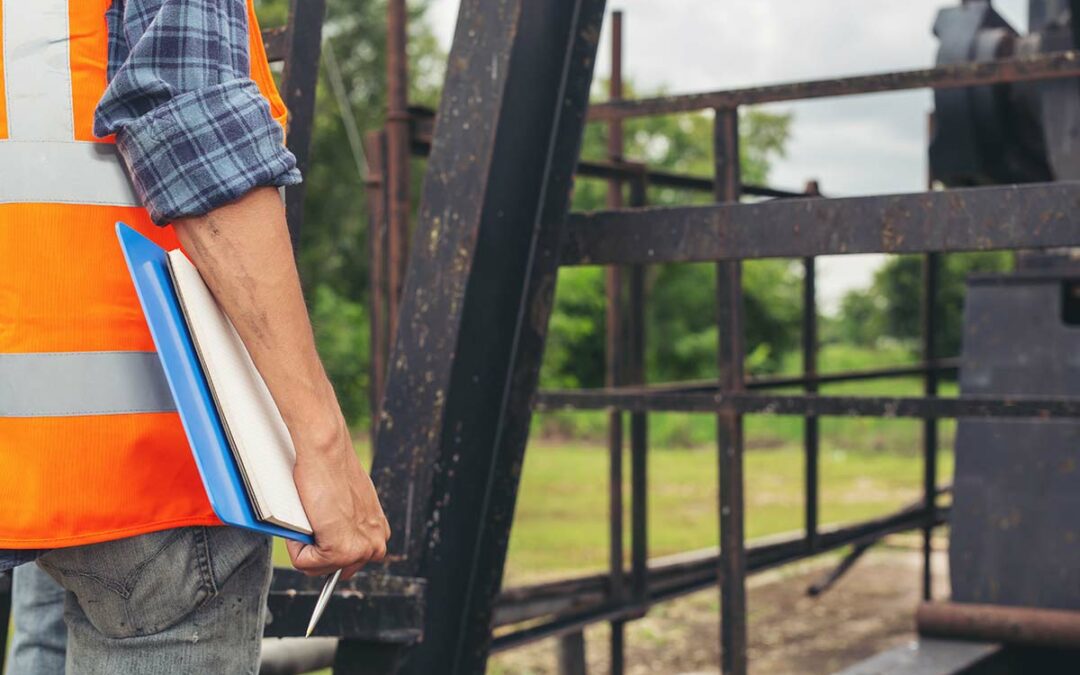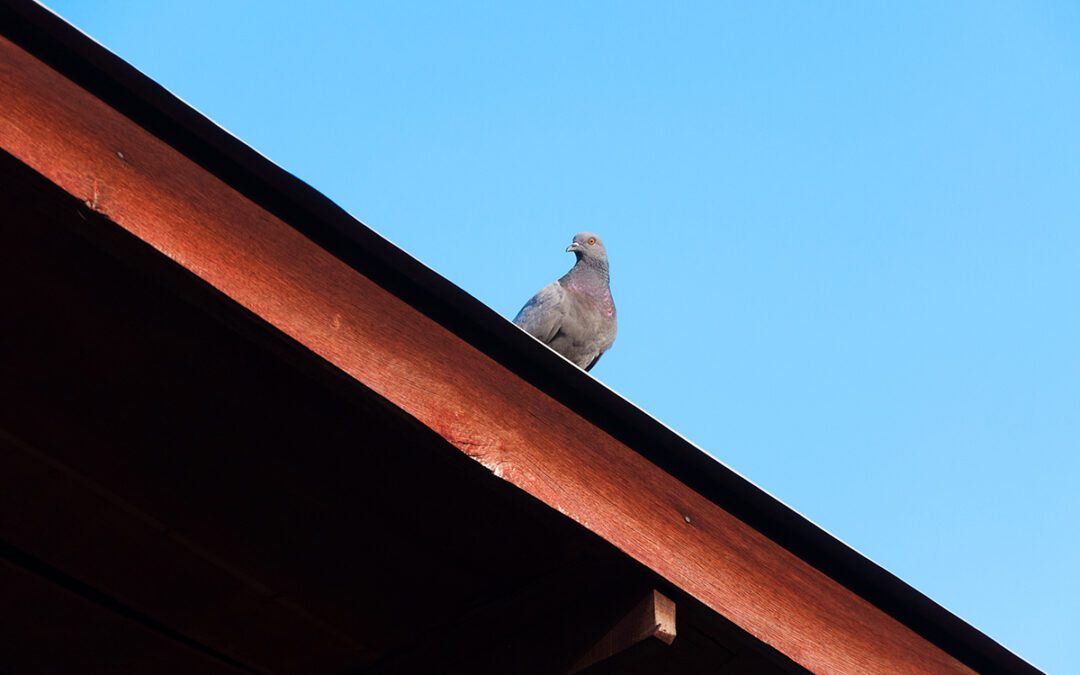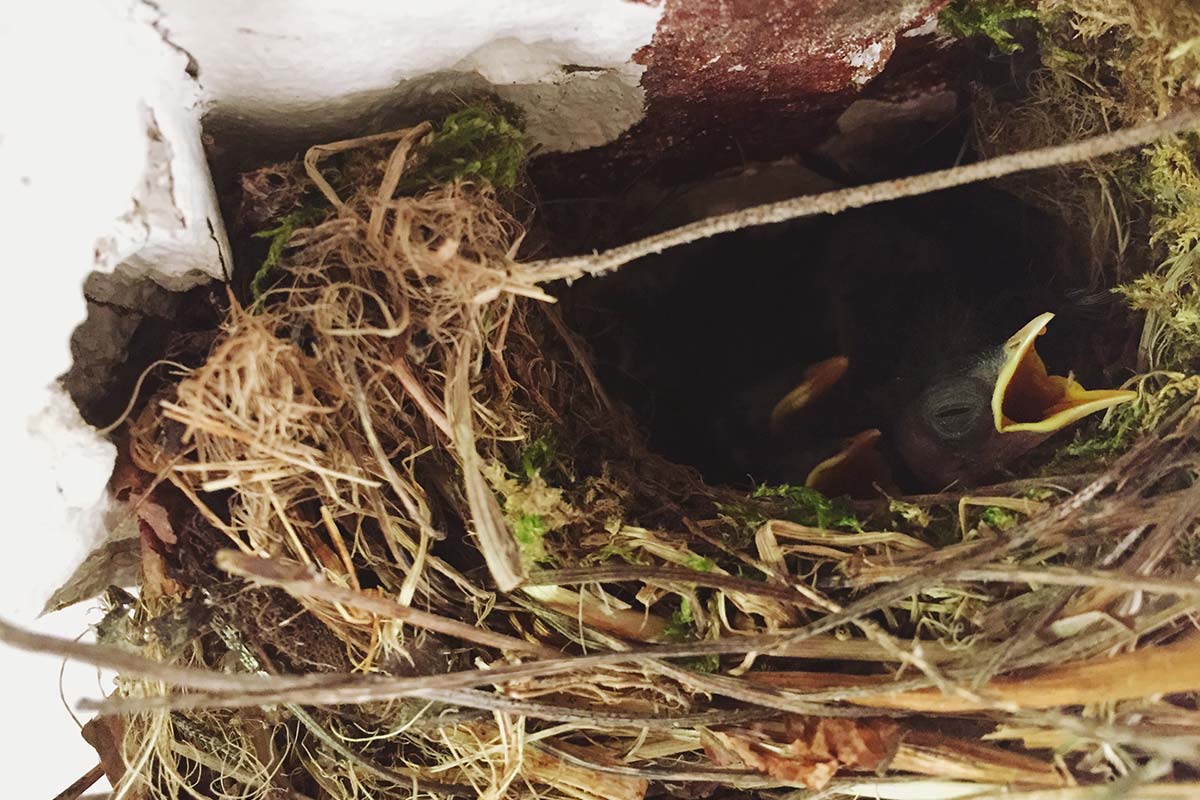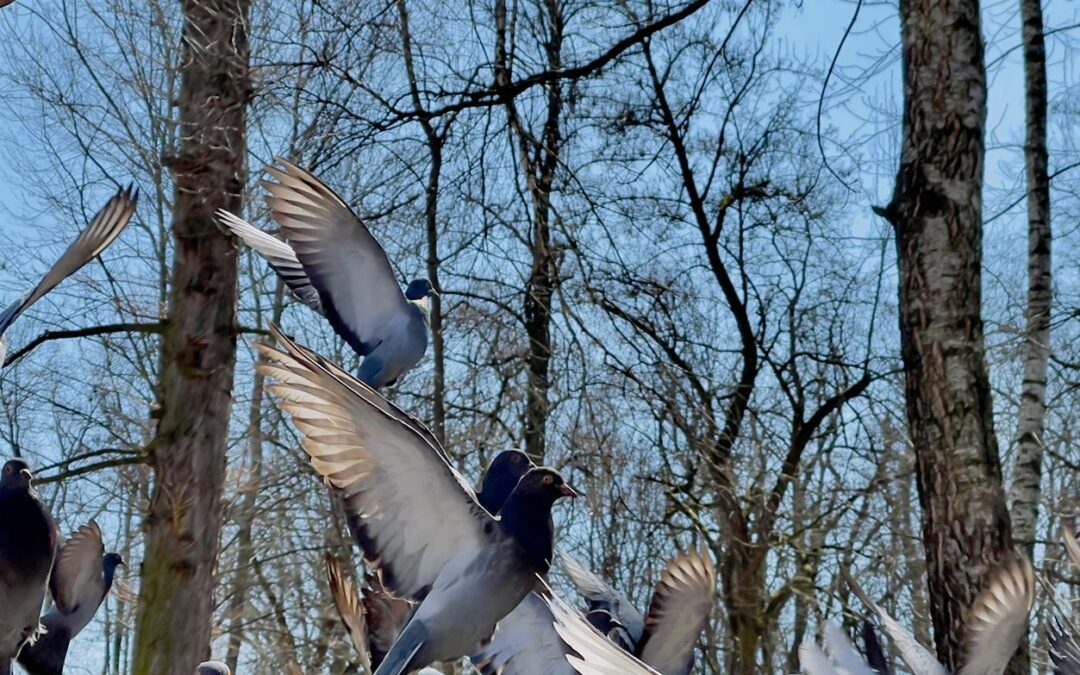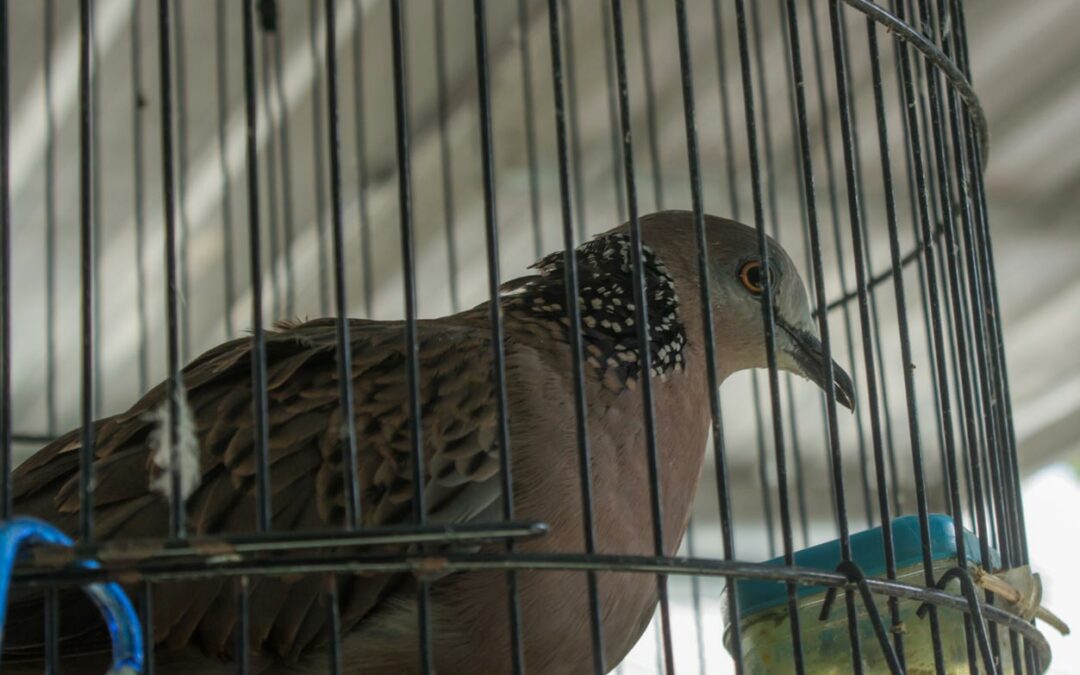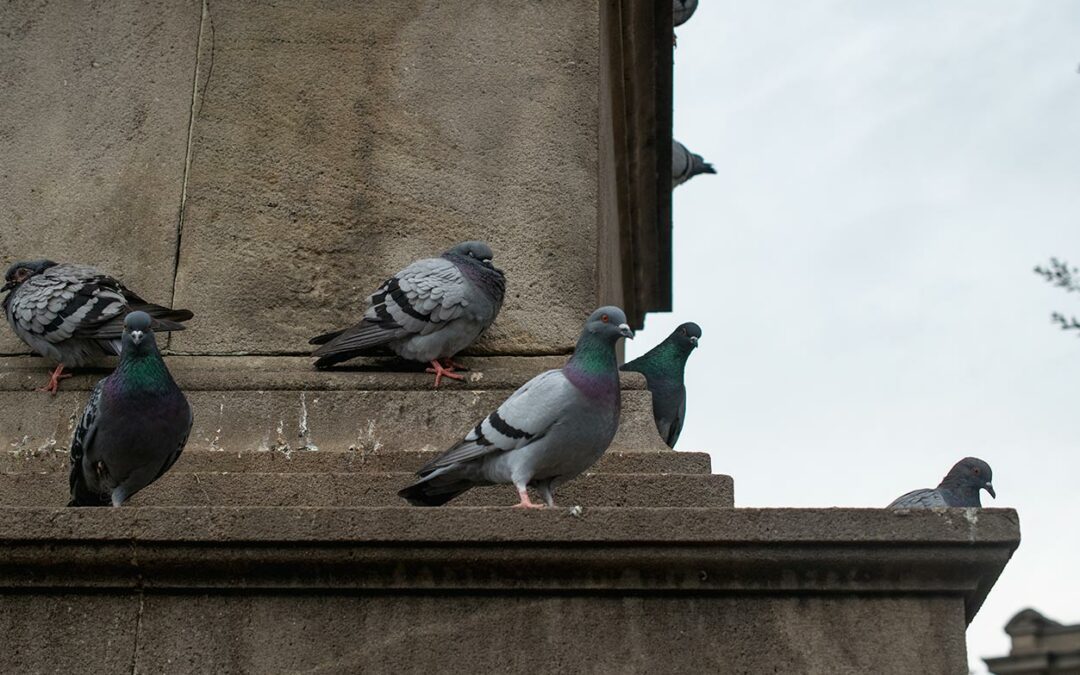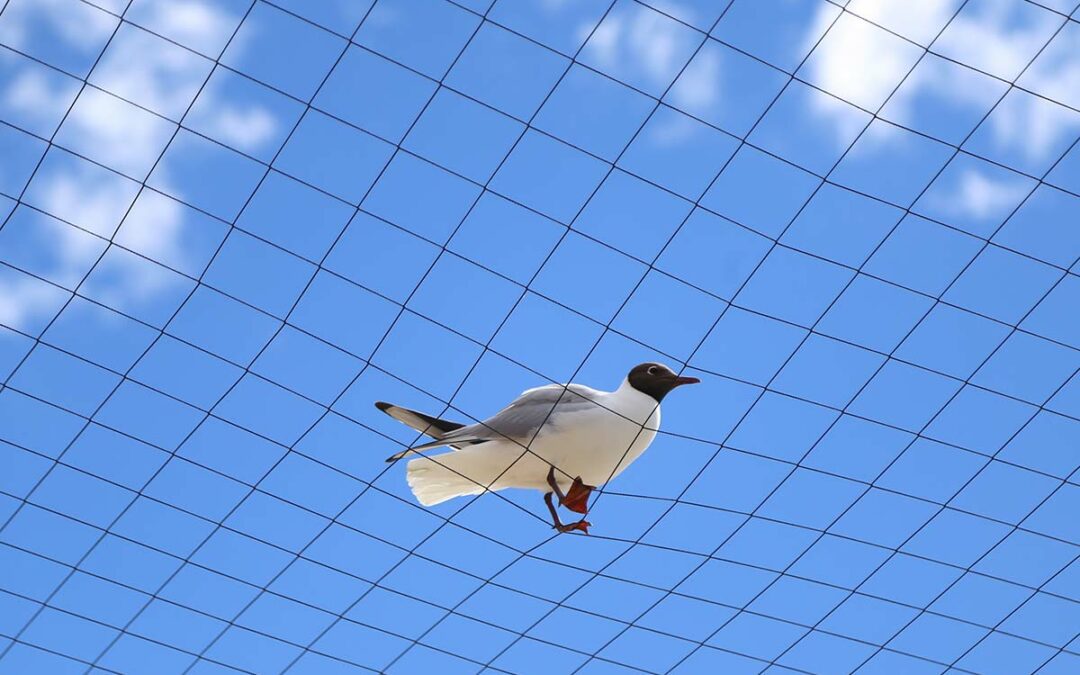
Bird Control – Complete Guide to Safe and Effective Bird Deterrents
Unwanted birds on your roof, signs, balconies, or vents can go from annoying to damaging very quickly. Bird control is essential for keeping your property clean, safe, and structurally sound—without causing harm to the birds.
In this article, we’ll walk you through the most effective bird control strategies, when to use them, and how to select the right products to protect your property from pigeons, seagulls, sparrows, and more.
Why Is Bird Control Necessary?
1. Prevent Property Damage
Birds may be light, but their damage is heavy:
- Acidic droppings corrode metal, paint, and concrete.
- Nesting debris clogs gutters and damages HVAC units.
- Woodpeckers can drill into siding and cause rot.
2. Reduce Health Risks
Bird droppings carry over 60 transmittable diseases, including:
- Histoplasmosis
- Cryptococcosis
- E. coli
3. Improve Cleanliness & Aesthetics
Bird infestations create a messy, foul-smelling environment for visitors, tenants, or customers.
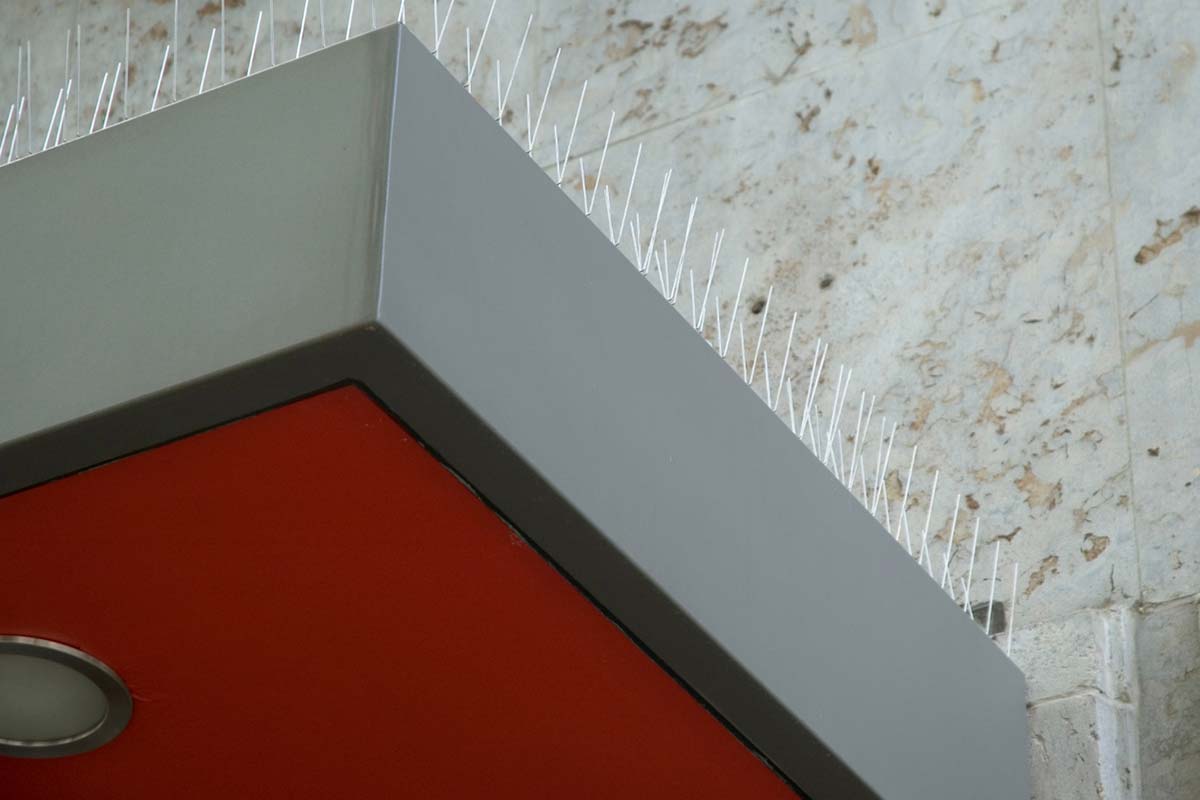
Top Bird Control Methods That Work
1. Bird Spikes – The Physical Barrier
Bird spikes create an unwelcoming surface that makes it impossible for birds to land or roost.
Ideal for:
- Window sills
- Rooftops
- Ledges
- Signs
Get Bird Spikes Here: https://www.pigeonpatrol.ca/bird-spikes/
2. Bird Trapping for Persistent Infestations
In some cases, especially with entrenched pigeon colonies, humane traps may be necessary for safe removal.
See Pigeon Trapping Cages: https://www.pigeonpatrol.ca/pigeon-trapping-cages/
3. Bird Netting – Area-Wide Protection
Bird netting is perfect for blocking access to covered spaces.
Ideal for:
- Balconies
- Loading docks
- Solar panels
- Warehouse ceilings
Shop Bird Netting: https://www.pigeonpatrol.ca/bird-netting/
4. Ultrasonic Bird Repellers – Tech Meets Nature
These electronic devices emit high-frequency sounds that are disturbing to birds but silent to humans.
Ideal for:
- Residential patios
- Outdoor seating
- Rooftop HVAC units
Browse Ultrasonic Repellers: https://www.pigeonpatrol.ca/bird-repeller/
5. Bird Proofing Spikes for Walls and Fences
Fence spikes and wall deterrents prevent birds from perching and pooping along walkways, fences, and walls.
View Fence Spikes: https://www.pigeonpatrol.ca/de-fence-wall-spikes/
Bird Control Services for Different Properties
Residential Bird Control
Protect your home, attic, balcony, or garden from unwanted birds. Recommended solutions:
- Bird spikes on window sills
- Netting under solar panels
- Motion-activated sound deterrents
Commercial Bird Control
Keep storefronts, signage, awnings, and entryways free of birds to maintain a clean, professional image.
- Install spikes on signs
- Use netting in open rafters
- Install repellers near parking lots
Industrial and Agricultural Bird Control
Large facilities require a combination of deterrents:
- Warehouse netting
- Grain silo protection
- Rooftop barriers and sound repellers
Types of Birds That Require Control
- Pigeons – Nest on rooftops, ledges, and balconies
- Seagulls – Common near coastal areas and landfills
- Sparrows & Starlings – Nest in vents and overhangs
- Woodpeckers – Damage wood siding and trees
- Crows & Magpies – Raid garbage and food courts
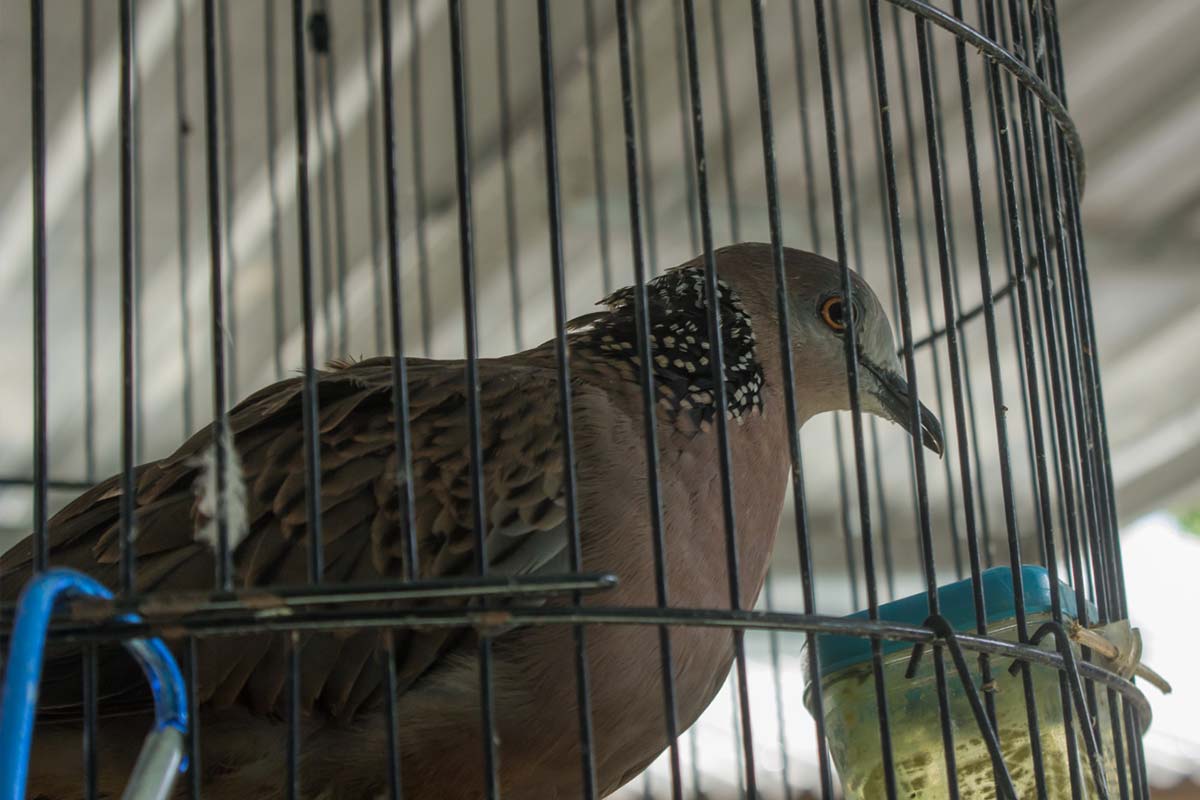
How to Choose the Right Bird Control Product
| Problem Area | Recommended Solution |
|---|---|
| Rooftop or Ledge | Bird Spikes |
| Large Covered Space | Bird Netting |
| Outdoor Seating | Ultrasonic Repeller |
| Fence or Balcony Railing | Fence Spikes |
| Persistent Infestation | Pigeon Trap |
💡 Tip: Combine two or more products for maximum effectiveness.
FAQs
What is the most effective bird deterrent?
Bird spikes and netting are the most reliable physical barriers, especially when combined with ultrasonic devices.
How long do bird control systems last?
High-quality systems like those from Pigeon Patrol are built to last 5–10+ years with proper installation.
Are bird control solutions safe for children and pets?
Yes! Our deterrents are non-toxic, humane, and pet-safe.
Can I install bird control products myself?
Yes, many products like spikes and ultrasonic devices are DIY-friendly, but netting and large systems are best professionally installed.
Bird control is more than just stopping birds—it’s about protecting your property, reputation, and peace of mind. From pigeon-proofing your rooftop to installing ultrasonic repellents in your garden, Pigeon Patrol offers everything you need to stop birds humanely and permanently.

